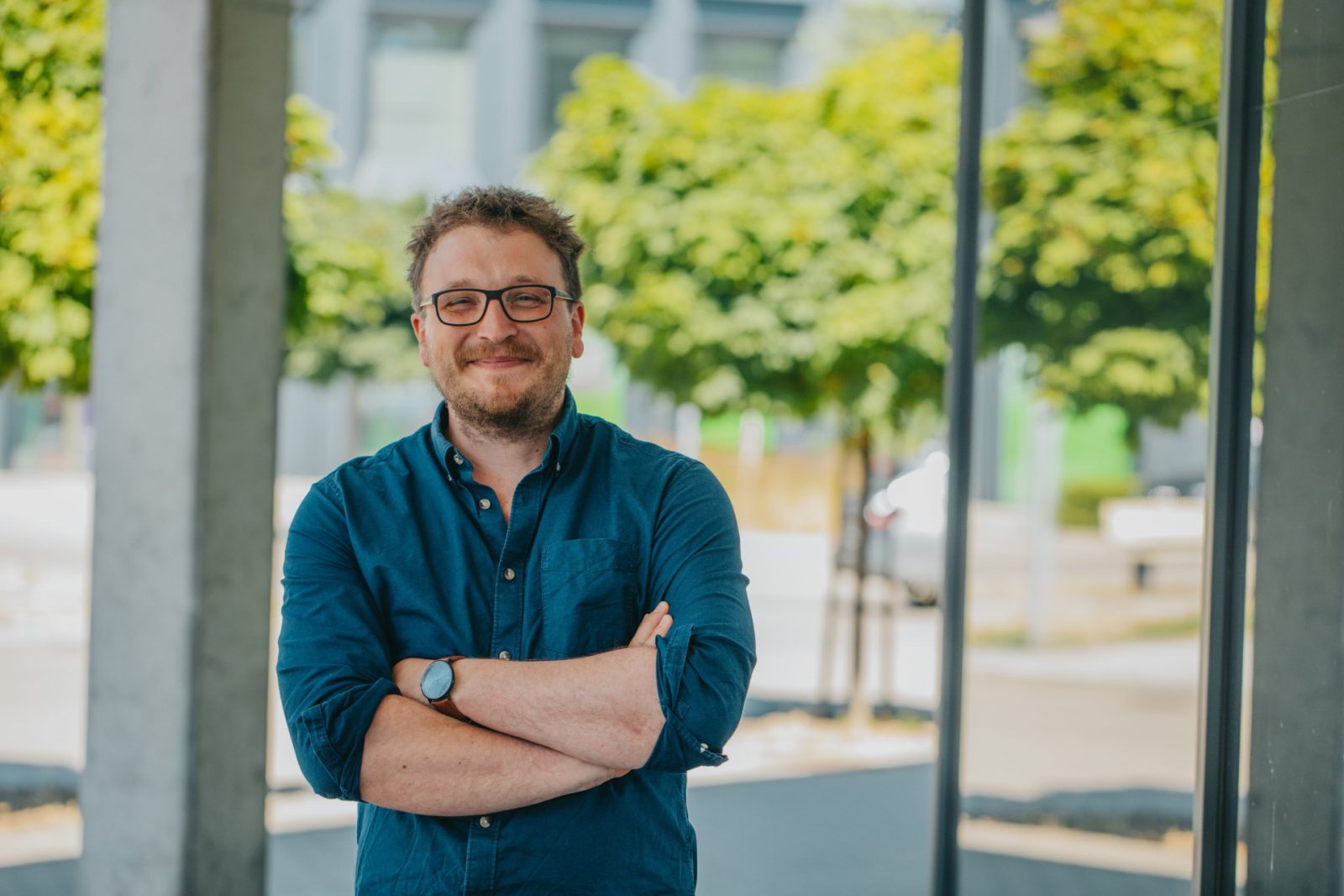
How to discover new antibiotics
Dr Bernhard Kepplinger, assistant professor at the Department of Molecular Microbiology at the Faculty of Biotechnology of the University of Wrocław for the project entitled “Identification of new antibiotics by induction of inactive gene clusters”, received almost PLN 3 million in funding under the OPUS 24 NCN competition.
The World Health Organization (WHO) has identified antimicrobial resistance (AMR) as one of the biggest global health threats to humanity. In 2019, around 5 million deaths were caused by bacterial infections that couldn’t be treated effectively with existing antibiotics. Unfortunately, the number of new antibiotics being developed has significantly decreased, putting us in a risky situation.
There are a few reasons for this decline. First, a method called combinatorial synthesis, which was successful in treating many diseases, didn’t work well against bacteria due to their ability to resist drugs and difficulties in delivering drugs to them. Second, about 50 years ago, antibiotics were widely available, cheap, and effective, so pharmaceutical companies saw little incentive to develop new ones. Lastly, there has been a lack of new discoveries because it was believed that most compounds from natural sources had already been found.
Traditionally, antibiotics were derived from certain bacteria found in soil called actinomycetes, which produced two-thirds of all natural antibiotics. However, our perception changed when the full genome sequence of a model actinomycete called Streptomyces coelicolor was determined in 2002. It revealed that this bacterium had the potential to produce many more antibiotics than previously thought.
Despite this knowledge, researchers still faced a challenge. Many antibiotics produced by these bacteria remained inactive under laboratory conditions, so finding a way to activate their antibiotic-producing genes was necessary. Various methods, such as coculturing with other organisms, changing culture conditions, and genetic engineering, have been successful to some extent, but no universally accepted method has emerged.
Bernhard Kepplinger: – I believe we can trigger the production of antibiotics using a method called transposon mutagenesis. Transposons are tiny elements that can move around within a bacterium’s DNA in a random manner. My team will create a special transposon that has strong activators attached to it. When this transposon jumps near the genes responsible for antibiotic production, it activates those genes, leading to the creation of antibiotics.
The aim of this project is to further develop and improve this method so that we can discover new antibiotics more effectively. This is crucial in tackling the current crisis of limited antibiotic supply.



